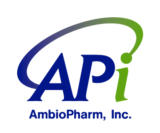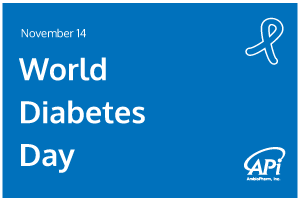On December 20, 2006, the United Nations passed Resolution 61/225, making it “World Diabetes Day”. Started to help to raise awareness about all forms of diabetes, it was first established by the International Diabetes Federation, with support from WHO, in 1991. Not only has diabetes become a growing health threat, it also has growing economic implications.
Type I diabetes (T1D) was previously called insulin-dependent or juvenile diabetes because its onset is predominantly seen in children and young adults. It is an auto-immune condition where the body’s immune system attacks its insulin-producing cells, resulting in elevated blood sugar, or hyperglycemia. Left untreated, a patient will become seriously ill and the condition is fatal. A person with T1D requires careful blood glucose monitoring and daily insulin.
On the other hand, Type II diabetes (T2D) is a condition where the body produces insulin at insufficient levels, causing undesirable raised glucose levels. Left unchecked, these raised levels lead to a host of health problems. The incretin hormones, or gut peptides, play a role in insulin secretion called the incretin effect. Of these incretins, glucose-dependent insulinotropic polypeptide or gastric inhibitory polypeptide (GIP) is found in the upper gut, while glucagon-like peptide 1 (GLP-1) is found in the lower gut. A third player is also involved, glucagon. The glucagon receptor (GCGR) triggers the liver to convert stored glycogen to glucose, helping maintain glucose homeostasis. Many treatments for T2D target one or more of these incretins. GLP-1 agonist peptides, such as semaglutide and tirzepatide, have become mainstays in the treatment of T2D and obesity, with many others in clinical development.
Gestational diabetes is a temporary form that can develop during pregnancy and usually resolves but may increase risk for both mother and baby to develop T2D later in life.
Several of therapeutics for the treatment of diabetes are peptides.
Read more in our blogs on diabetes:
Additional Resources:
AmbioPharm, a global peptide CDMO, was founded in 2005 and is headquartered in North Augusta, South Carolina, USA. AmbioPharm specializes in development of highly efficient and scalable manufacturing processes for peptide-based Active Pharmaceutical Ingredients (APIs). At our facilities in South Carolina, USA and Shanghai, China, we manufacture API peptides under GMP for clients worldwide. Both facilities have been inspected multiple times by the FDA with excellent outcomes. Reach out to learn more.

 中文
中文